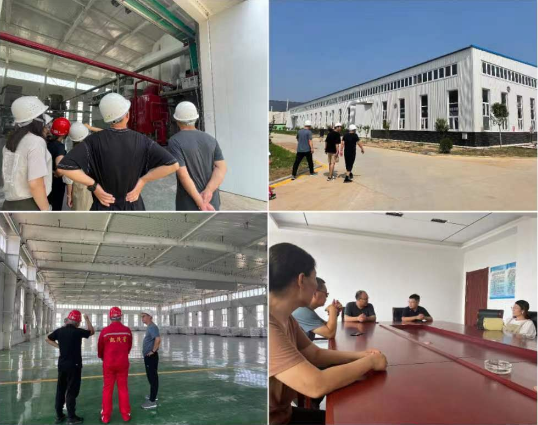Sodium Carboxymethyl Cellulose (CMC) has emerged as a revolutionary additive in the welding industry, significantly enhancing the performance, stability, and efficiency of welding electrodes. This versatile compound brings a host of benefits to welding electrode formulations, revolutionizing welding processes across various industries.
Improved Coating Adhesion and Stability: One of the key applications of CMC in welding electrodes is its role as a binder in the coating formulation. CMC acts as a robust adhesive, binding together the different components of the coating mixture and ensuring uniform distribution on the electrode core. This results in improved coating adhesion to the electrode surface, reducing spatter and ensuring stable arc characteristics during welding operations.
Enhanced Slag Detachment and Weld Seam Quality: CMC’s unique rheological properties contribute to the formation of a protective slag layer during welding. This slag layer, facilitated by CMC, aids in shielding the weld pool from atmospheric contamination and impurities, leading to improved weld seam quality and integrity. Additionally, CMC promotes easier slag detachment post-welding, minimizing the need for extensive cleaning and reducing downtime between welding passes.
Increased Electrode Stability and Shelf Life: By incorporating CMC into welding electrode formulations, manufacturers can enhance electrode stability and prolong shelf life. CMC acts as a stabilizer, preventing moisture absorption and maintaining the structural integrity of the electrode coating over time. This ensures consistent performance and reliability, even in challenging environmental conditions, ultimately reducing waste and improving productivity.
Reduced Environmental Impact and Health Hazards: CMC offers environmental and health benefits by serving as a safer alternative to traditional binders and additives used in welding electrode formulations. With its biodegradable and non-toxic properties, CMC minimizes environmental impact and reduces occupational health hazards for welders and manufacturing personnel.
Conclusion: In conclusion, Sodium Carboxymethyl Cellulose (CMC) represents a significant advancement in welding electrode technology, offering a multitude of benefits that enhance performance, stability, and safety. Whether it’s improving coating adhesion, enhancing weld seam quality, or prolonging electrode shelf life, CMC continues to redefine standards in the welding industry.
Embrace the future of welding electrode technology with CMC, and experience unparalleled efficiency, reliability, and sustainability in your welding operations.


